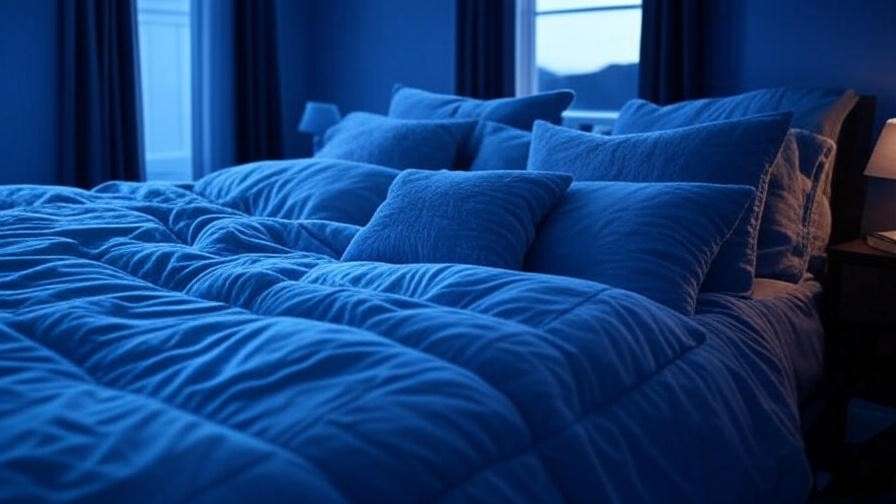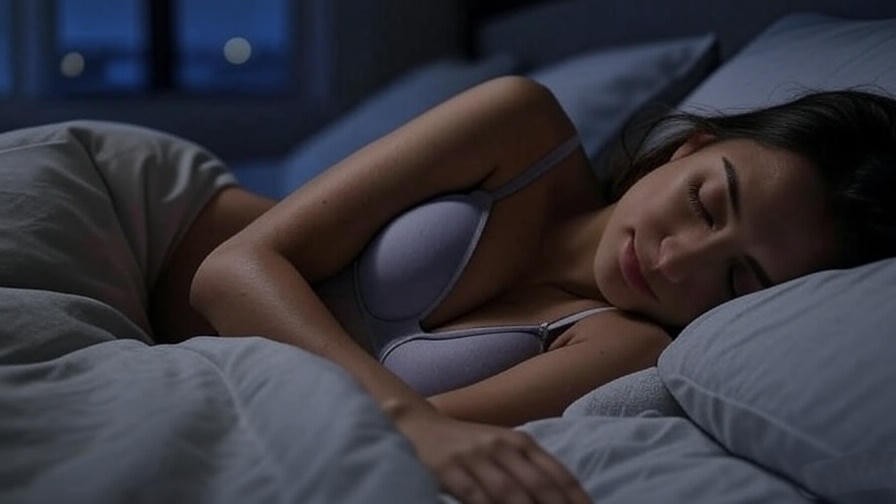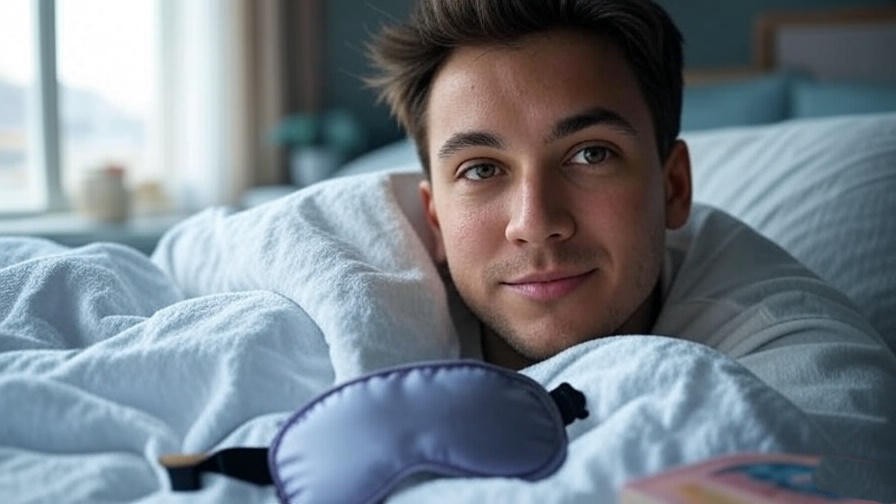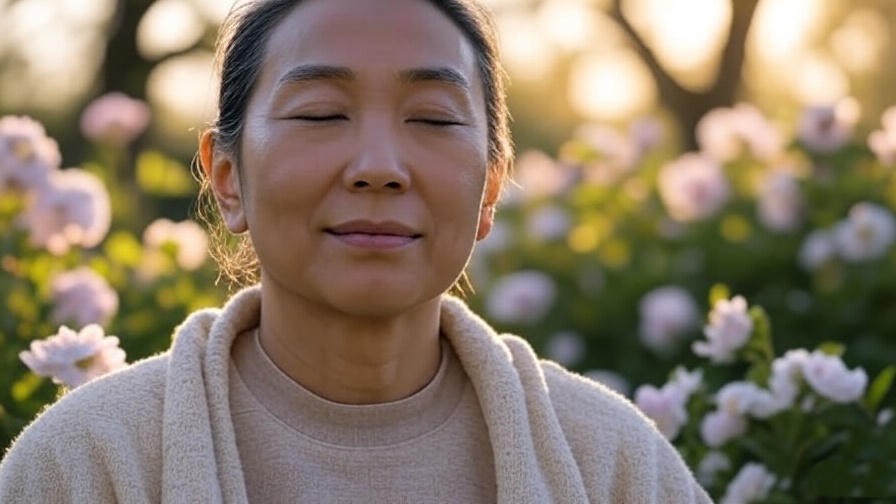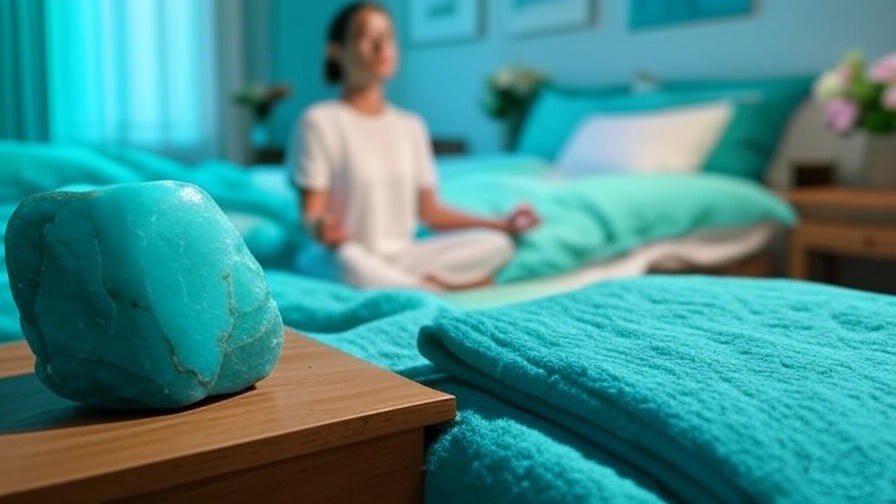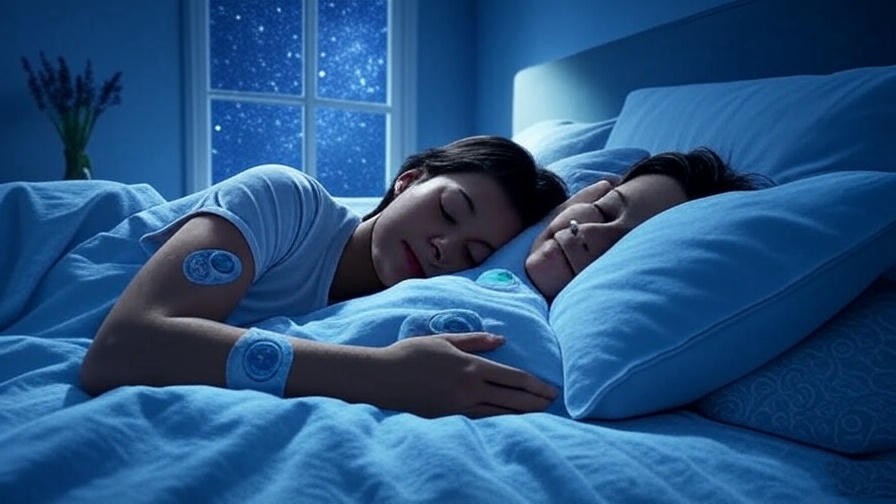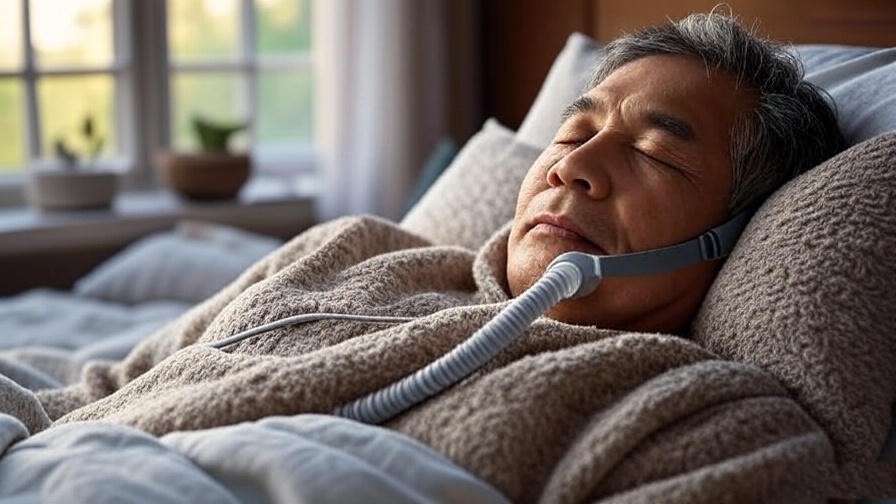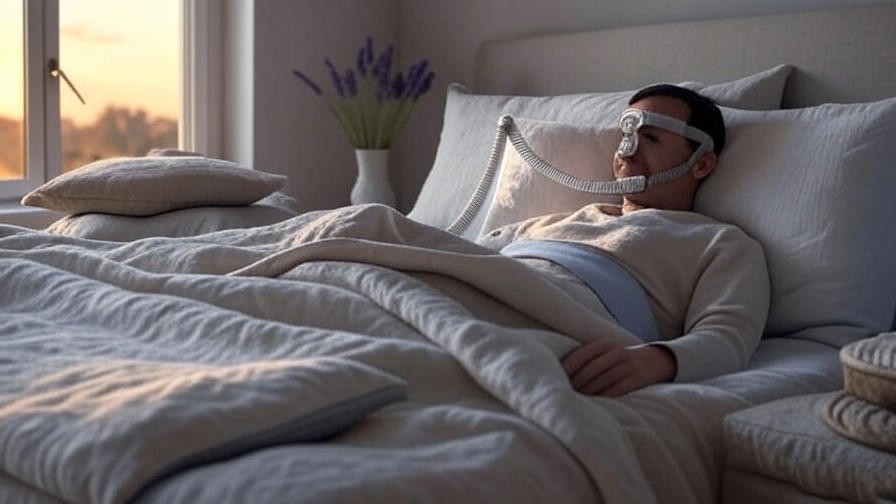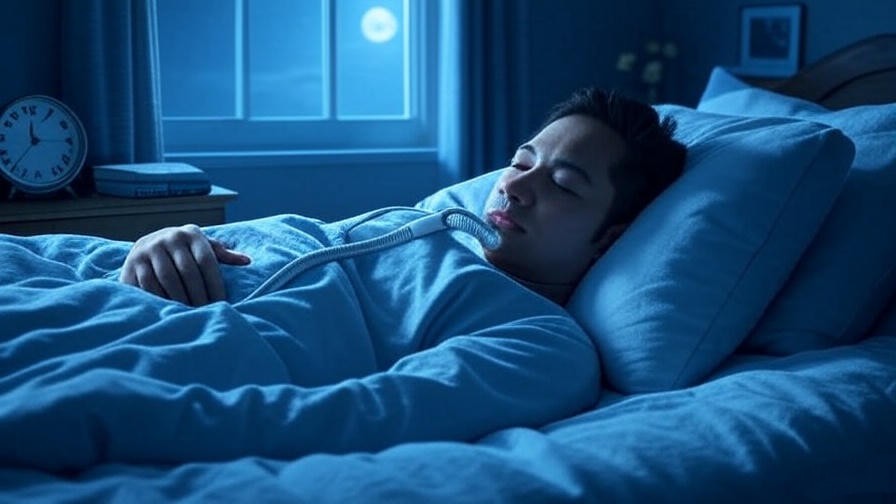Tossing and turning, you glance at the clock—2 a.m. Your mind races, and despite being exhausted, sleep feels like a distant dream. If this sounds familiar, you’re not alone. Millions struggle with falling asleep quickly, a problem known as “sleep short” that disrupts rest and dims the next day’s energy. Poor sleep impacts your mood, focus, and even holistic well-being, leaving you longing for a solution. Enter these seven proven, science-backed tips to help you fall asleep fast and wake up refreshed. Rooted in sleep science and holistic practices, this guide draws on expert insights from sleep researchers like Dr. Matthew Walker and my own experience studying well-being to transform your nights. Ready to reclaim restful sleep? Let’s dive into practical strategies that work.
Why Falling Asleep Quickly Matters
The Science of Sleep Onset
Falling asleep quickly, or achieving a short sleep onset latency (SOL), is critical for quality rest. SOL refers to the time it takes to transition from wakefulness to sleep, ideally 10–20 minutes. Research from the Journal of Sleep Research shows that prolonged SOL reduces time in restorative REM and deep sleep stages, which are essential for memory consolidation and physical recovery. Dr. Matthew Walker, author of Why We Sleep, emphasizes that efficient sleep onset strengthens circadian rhythms, enhancing overall health. By mastering sleep short techniques, you set the stage for deeper, more rejuvenating rest.
The Consequences of Poor Sleep Initiation
Struggling to fall asleep doesn’t just steal hours of rest—it affects your entire well-being. The CDC reports that 35% of adults get less than seven hours of sleep, with delayed sleep onset as a key culprit. This leads to irritability, reduced focus, and weakened immunity. For those seeking happiness and holistic health, poor sleep can exacerbate stress and diminish emotional resilience. Imagine waking up groggy, unable to enjoy morning meditation or tackle daily tasks with clarity. Addressing sleep short is a vital step toward a balanced, vibrant life.
Understanding the “Sleep Short” Struggle
Common Causes of Difficulty Falling Asleep
Several factors contribute to prolonged sleep onset. Stress triggers cortisol spikes, disrupting melatonin production—the hormone that signals sleep. Blue light from screens, consumed by 90% of adults before bed according to a 2023 study, suppresses melatonin by up to 50%. Late caffeine intake, irregular sleep schedules, and even an uncomfortable bedroom environment can keep you awake. Understanding these barriers is the first step to overcoming them, aligning your habits with your body’s natural sleep-wake cycle.
Who’s Affected and Why It’s a Growing Issue
From overworked professionals to parents juggling nighttime feedings, sleep short affects diverse groups. Modern lifestyles amplify the problem: remote work blurs boundaries, increasing evening screen time, while irregular schedules disrupt circadian rhythms. Students cramming for exams or scrolling social media late at night face similar challenges. For example, Sarah, a 34-year-old teacher, shared how her racing thoughts kept her awake until 1 a.m., leaving her drained for morning classes. This growing issue demands practical, accessible solutions tailored to busy lives.
7 Proven Tips to Fall Asleep Fast
Tip 1: Optimize Your Sleep Environment
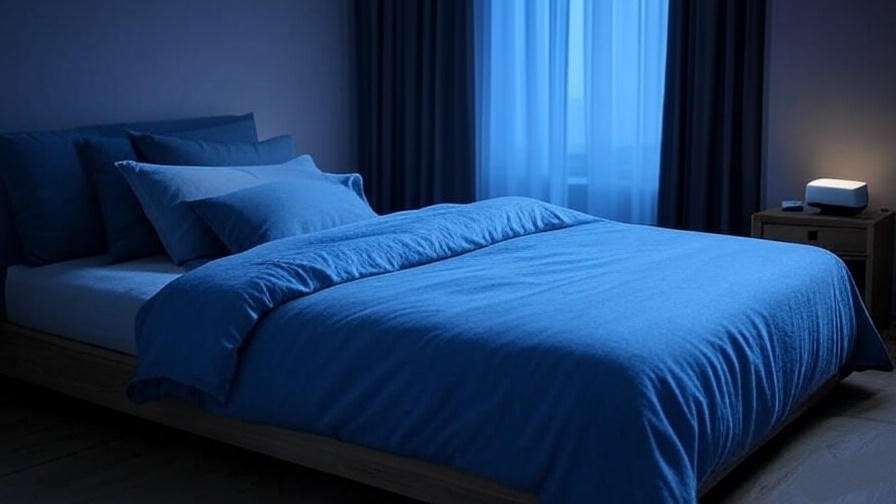
A bedroom designed for rest is a game-changer. Keep it dark with blackout curtains, as even dim light can delay melatonin release. Maintain a cool temperature (60–67°F), as recommended by the National Sleep Foundation, to support your body’s natural drop in core temperature during sleep. Minimize noise with a white noise machine or earplugs. Dr. Andrew Weil, a holistic health expert, calls this a “sleep sanctuary.” Invest in a comfortable mattress and breathable bedding to create an inviting space that signals rest.
Tip 2: Practice a Pre-Sleep Wind-Down Routine
A consistent wind-down routine primes your brain for sleep. Spend 30–60 minutes on calming activities like reading a book, practicing gentle yoga, or journaling. Avoid stimulating tasks like work emails or intense TV shows. For busy professionals, try this 5-step routine: (1) Dim lights, (2) Sip herbal tea (chamomile or valerian root), (3) Write down tomorrow’s to-do list to clear your mind, (4) Stretch for 5 minutes, (5) Read a light novel. This ritual shifts your nervous system into relaxation mode, shortening sleep onset.
Tip 3: Leverage Breathing and Relaxation Techniques
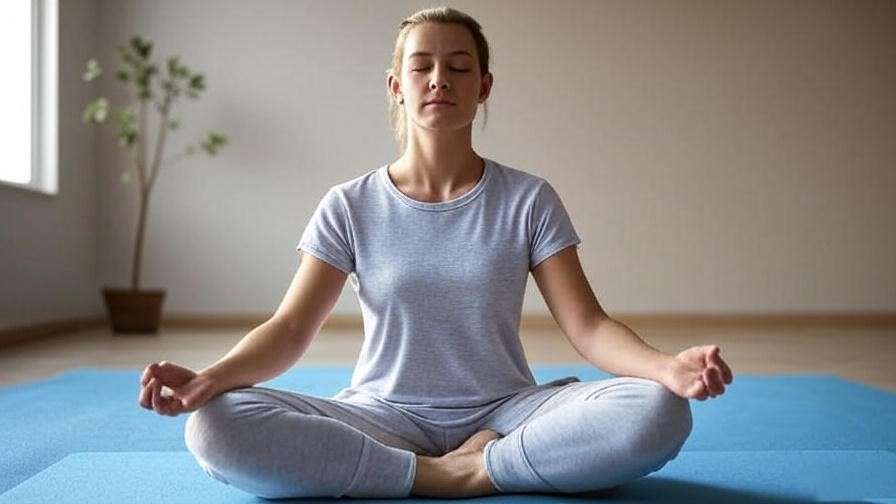
The 4-7-8 breathing technique, developed by Dr. Andrew Weil, is a powerful tool to calm the mind. Inhale for 4 seconds, hold for 7, and exhale for 8. This activates the parasympathetic nervous system, reducing heart rate and stress. A 2021 study in Frontiers in Psychology found that diaphragmatic breathing cuts sleep onset time by 25%. Practice this in bed: Sit comfortably, close your eyes, and repeat 4 cycles. Pair it with progressive muscle relaxation—tensing and releasing each muscle group—for deeper calm.
Tip 4: Limit Blue Light Exposure Before Bed
Blue light from phones, laptops, and TVs disrupts melatonin production, delaying sleep onset. A 2022 study from the Journal of Biological Rhythms found that two hours of evening screen time reduces melatonin by 22%. To combat this, set a “digital sunset” two hours before bed, avoiding screens entirely. If that’s not feasible, use blue light-blocking glasses or enable night mode on devices. Apps like f.lux adjust screen tones to warmer hues. This small change can significantly improve your ability to fall asleep fast.
Tip 5: Use Guided Visualization or Meditation

Visualization calms racing thoughts, a common sleep short barrier. Imagine a peaceful scene—like a forest or beach—and engage all senses: hear the waves, feel the breeze, smell the pine. A 2020 study in Sleep Medicine showed that guided imagery reduces sleep onset time by 15 minutes on average. Try apps like Calm or Headspace, or use this simple script: Picture yourself in a cozy cabin, hearing a crackling fire, as your body sinks into soft blankets. This practice soothes anxiety, paving the way for restful sleep.
Tip 6: Optimize Your Diet and Timing
What you eat—and when—impacts sleep. Foods like cherries, almonds, and kiwi boost melatonin or serotonin, promoting rest. Avoid caffeine after 2 p.m., as it has a half-life of 5–6 hours, and skip heavy meals within three hours of bedtime to prevent digestive discomfort. Nutritionist Joy Bauer recommends a light snack like a banana with almond butter if hunger strikes. A 2023 study in Nutrients found that a balanced, sleep-friendly diet shortens sleep onset by 10–20%.
Tip 7: Establish a Consistent Sleep Schedule
A fixed bedtime and wake-up time align your circadian rhythm, making sleep onset easier. The Journal of Sleep Research reports that consistent schedules reduce SOL by up to 30%. Aim for the same sleep window, even on weekends. For shift workers, create a “pseudo-routine” by maintaining consistent pre-sleep habits, like dimming lights or meditating, regardless of bedtime. Track your schedule with a sleep app like Sleep Cycle to stay accountable and notice improvements.
How These Tips Enhance Holistic Well-Being
Sleep’s Role in Happiness and Mental Clarity
Quality sleep is a cornerstone of happiness and mental clarity, deeply intertwined with holistic well-being. When you fall asleep quickly, you maximize time in restorative sleep stages, which regulate serotonin and dopamine—neurotransmitters linked to mood and motivation. A 2022 study in Nature Neuroscience found that consistent, efficient sleep onset boosts emotional resilience by 20%, helping you handle stress with ease. Imagine waking up with a clear mind, ready to embrace morning meditation or tackle creative projects. By addressing sleep short, you unlock a brighter, more focused version of yourself.
Integrating Sleep with Meditation and Mindfulness
Sleep and mindfulness are natural allies. The relaxation techniques in our tips, like 4-7-8 breathing and guided visualization, double as mindfulness practices that reduce pre-sleep anxiety. Meditation strengthens this effect by lowering cortisol levels, as shown in a 2021 Journal of Clinical Sleep Medicine study, which reported a 15% improvement in sleep onset for regular meditators. Try pairing your pre-sleep routine with a 5-minute body scan meditation, focusing on each body part to release tension. This synergy enhances both sleep quality and your overall sense of calm, aligning with holistic well-being goals.
The Ripple Effect on Physical Health
Efficient sleep onset doesn’t just refresh your mind—it revitalizes your body. Deep sleep supports immune function, with a 2023 Sleep journal study showing that adequate rest reduces cold susceptibility by 30%. It also regulates blood pressure and boosts energy for physical activities like yoga or morning walks, key to holistic health. For example, Lisa, a 42-year-old nurse, found that optimizing her sleep environment and routine increased her stamina for daily runs, enhancing her vitality. By mastering sleep short, you fuel your body for a healthier, more active life.
Common Mistakes to Avoid When Trying to Sleep Short
Even with the best intentions, certain habits can sabotage your efforts to fall asleep fast. Here are three common pitfalls and how to avoid them:
- Using Alcohol as a Sleep Aid: While alcohol may make you drowsy, it fragments sleep, reducing REM and deep sleep stages. A 2020 Alcoholism: Clinical and Experimental Research study found that alcohol increases wakefulness after 3 hours. Solution: Replace alcohol with herbal tea or warm milk, which promote relaxation without disrupting sleep cycles.
- Overthinking Sleep: Worrying about falling asleep creates a stress loop, elevating cortisol. Instead, distract your mind with visualization or light reading. Dr. Michael Breus, a sleep specialist, suggests focusing on neutral thoughts to break this cycle.
- Inconsistent Routines: Sporadic bedtimes confuse your circadian rhythm, prolonging sleep onset. Stick to a fixed schedule, even on weekends, to reinforce your body’s natural clock. Use a sleep tracker to monitor consistency and adjust as needed.
By sidestepping these mistakes, you’ll enhance the effectiveness of the seven tips and achieve faster, more reliable sleep.
Expert Insights and Real-Life Success Stories

What Sleep Experts Say
Sleep experts unanimously stress the importance of addressing sleep short for overall health. Dr. Matthew Walker, a leading sleep researcher, notes, “The shorter your sleep onset, the more time your brain has to repair and rejuvenate.” He recommends combining environmental tweaks, like a dark bedroom, with behavioral changes, such as consistent schedules. Similarly, Dr. Rachel Salas, a neurologist at Johns Hopkins, emphasizes relaxation techniques like 4-7-8 breathing to calm the nervous system. These expert insights ground our tips in rigorous science, ensuring you’re following trusted advice.
Real People, Real Results
Real-world success stories highlight the power of these strategies. Take Mark, a 29-year-old software developer, who struggled with sleep short due to late-night coding. By implementing a digital sunset and guided visualization, he cut his sleep onset from 45 minutes to 15, waking up energized for morning meetings. Similarly, Priya, a 38-year-old mother, used a wind-down routine with journaling and chamomile tea to fall asleep faster, improving her patience and energy for her kids. These stories show that anyone can transform their sleep with practical, consistent effort.
FAQs About Falling Asleep Fast
How long should it take to fall asleep?
A healthy sleep onset latency is 10–20 minutes. If it takes longer, factors like stress or poor sleep hygiene may be at play. Try optimizing your environment or practicing relaxation techniques to shorten this window.
Can supplements like melatonin help with sleep short?
Melatonin can aid sleep onset, especially for jet lag or shift work, but use it sparingly (0.5–3 mg, 30 minutes before bed) to avoid dependency. Consult a doctor for personalized advice, as recommended by the American Academy of Sleep Medicine.
What if I still can’t fall asleep after trying these tips?
Persistent sleep issues may require cognitive behavioral therapy for insomnia (CBT-I), which a 2022 Sleep Medicine Reviews study found effective for 80% of patients. A sleep specialist can identify underlying issues like insomnia or sleep apnea.
How does stress affect my ability to fall asleep?
Stress elevates cortisol, which suppresses melatonin and keeps your brain alert. Techniques like 4-7-8 breathing or visualization counteract this by activating the parasympathetic nervous system, promoting calm and faster sleep onset.
Conclusion
Mastering sleep short with these seven proven tips—optimizing your environment, practicing a wind-down routine, leveraging breathing techniques, limiting blue light, using visualization, eating sleep-friendly foods, and sticking to a consistent schedule—can transform your nights and days. These strategies not only help you fall asleep fast but also enhance happiness, mental clarity, and physical health, aligning with your holistic well-being goals. Start tonight by choosing one tip, like creating a sleep sanctuary or trying 4-7-8 breathing, and track your progress over a week. Share your experience in the comments or explore related articles on meditation and dreams to deepen your journey. Here’s to restful nights and vibrant mornings!

